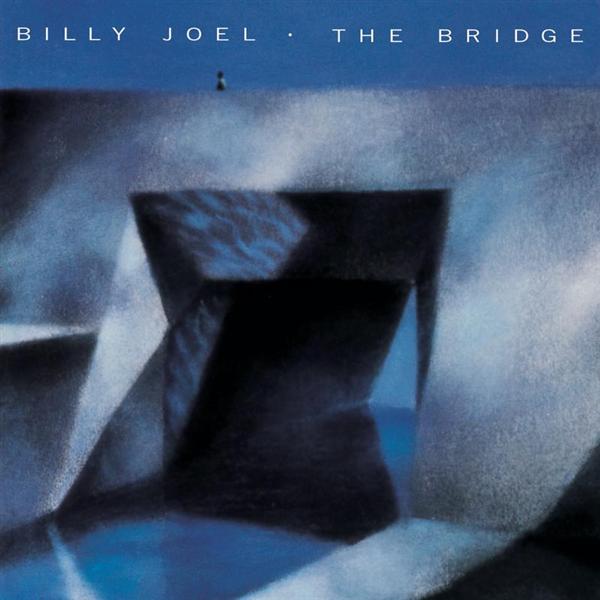
The Bridge (1986)

1. Running on Ice
2. This is the Time
3. A Matter of Trust
4. Modern Woman
5. Baby Grand
6. Big Man on Mulberry Street
7. Temptation
8. Code of Silence
9. Getting Closer
By 1986, Billy Joel had begun to mellow. The edge that defined much of his earlier work was softened, not dulled, and The Bridge marked a deliberate step into a more mature, polished soundscape. Joel, recently married and now a father, brought that settled domestic contentment to his writing – and it shows. The title itself hints at the album’s purpose: a crossing, both literal and figurative, between the Joel of snarling youth and the craftsman entering middle age.
Unlike his earlier records, often steeped in working-class struggle or personal strife, The Bridge exudes a calm self-assurance. There’s no overt anger, no inner turmoil worn on the sleeve. When past regrets do surface – in Running on Ice, Code of Silence, or Getting Closer – they do so with perspective rather than pain. These aren’t the wounds of a man in crisis; they are reflections from someone who’s emerged intact, if slightly wearied, from the storm.
The stylistic shifts across the record hint at Joel’s desire to stretch. Collaborations with Ray Charles and Cyndi Lauper, and the Steve Winwood-assisted Getting Closer, suggest an artist eager to explore new sonic avenues, however cautious the detour. While one could argue this branching out was prompted more by necessity than inspiration – a dip in the creative reservoir, perhaps – Joel proves more than capable of adapting. Big Man on Mulberry Street, a swaggering swing tune, and Baby Grand, a smoky piano ballad that feels as much Ray Charles as Joel, are both executed with confidence and respect.
Modern Woman, the album’s lead single, finds Joel at his most unabashedly pop-oriented. Bright, punchy, and written for the film Ruthless People, the track is curiously absent from most of his compilations and rarely appears in concert. Joel himself has reportedly distanced from it, though the reasoning remains elusive. It is, by most measures, a well-crafted piece of pop music – perhaps not profound, but undeniably effective.
What The Bridge lacks in fire, it compensates for in polish. There is a maturity to the record – not the resigned maturity of an artist out of ideas, but the earned confidence of one who has survived, reflected, and moved forward. Even in its more subdued moments, the album feels purposeful. No track is wasted, no idea unfinished.
In retrospect, The Bridge feels like the calm before the inevitable storm. Happiness, as it turns out, would be a brief interlude in Joel’s personal life, and darker themes would return in later works. But here, for a moment, Billy Joel captured the sound of peace – tentative, perhaps, but genuine.
Back To Main Page
Go To Next Review